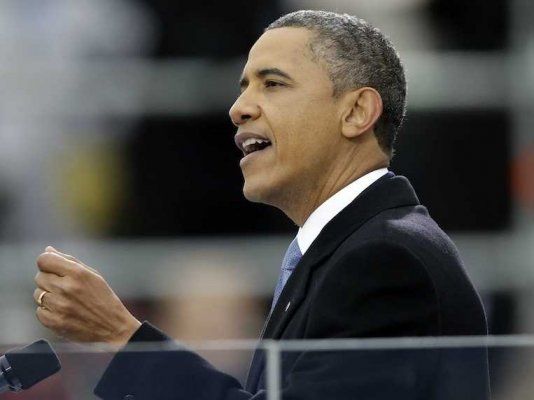
The Obama administration's awkward journey on Syria policy over the past few weeks has opened it up to a great deal of criticism. Officials have changed tacks a number of times, sent mixed messages about what they're trying to accomplish and appeared unconvinced by their own policy choices. "The Daily Show" compared Secretary of State John Kerry to Mr. Magoo for committing a gaffe -- sarcastically suggesting that the United States would back down on threatened miliitary action if Syria gave up its chemical weapons – that accidentally became U.S. policy.
But here's the thing: It seems to be working. That could all fall apart, and it's only "working" with respect to the administration's modest goal of stopping chemical weapons use rather than actually ending the war. But it's still worth examining how a strategy that appeared so un-strategic is working out as well as it has. As my colleague Neil Irwin wrote over the weekend, it can be tough to tell whether Obama is playing a super-advanced chess game or just jumping around reactively. But what if those two things aren't actually as different as they seem?
A leading criticism of Obama's Syria strategy so far has been his perceived lack of resolve or commitment. The argument goes that Syria and Russia have felt they can defy the United States and Obama's "red lines" because they doubt the president will follow through. Indecisiveness is weakness, according to this thinking, and it undercuts Obama's threats and his goal of deterring Syrian leader Bashar al-Assad from using chemical weapons. But Phil Arena, an assistant professor of political science at SUNY Buffalo, suggests that Obama's indecisiveness may have had the opposite effect, actually helping the United States to get what it wants. [Link]